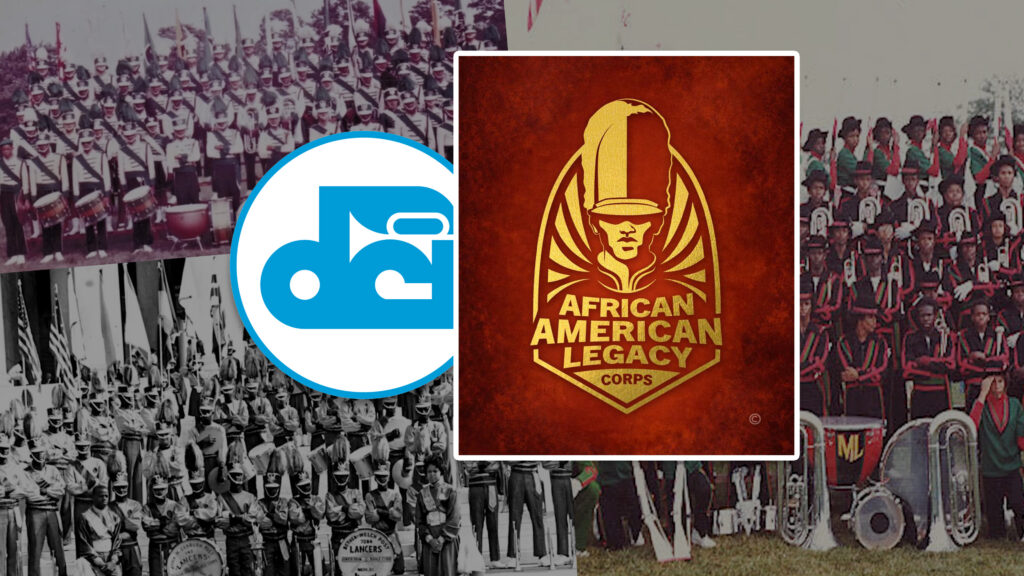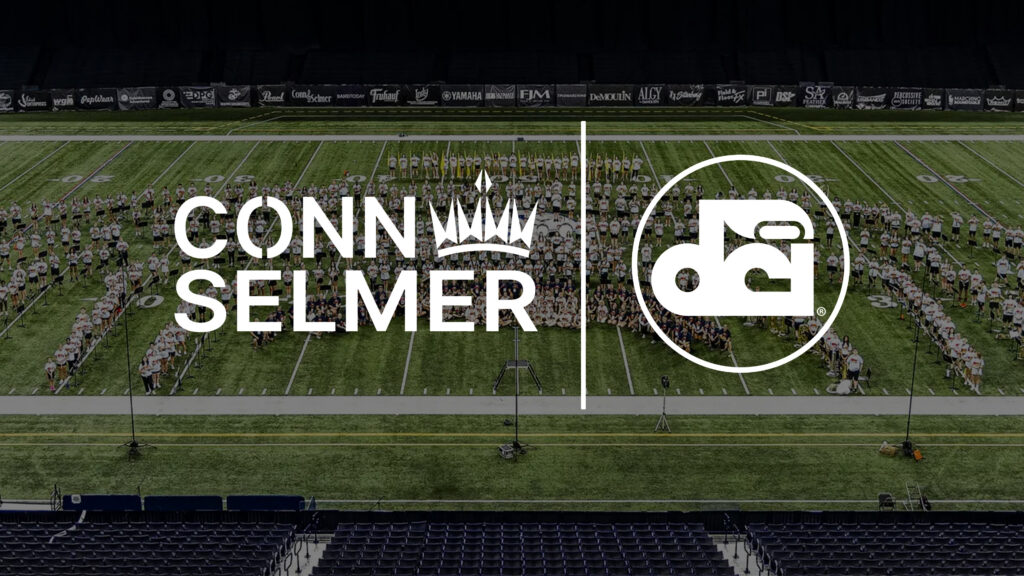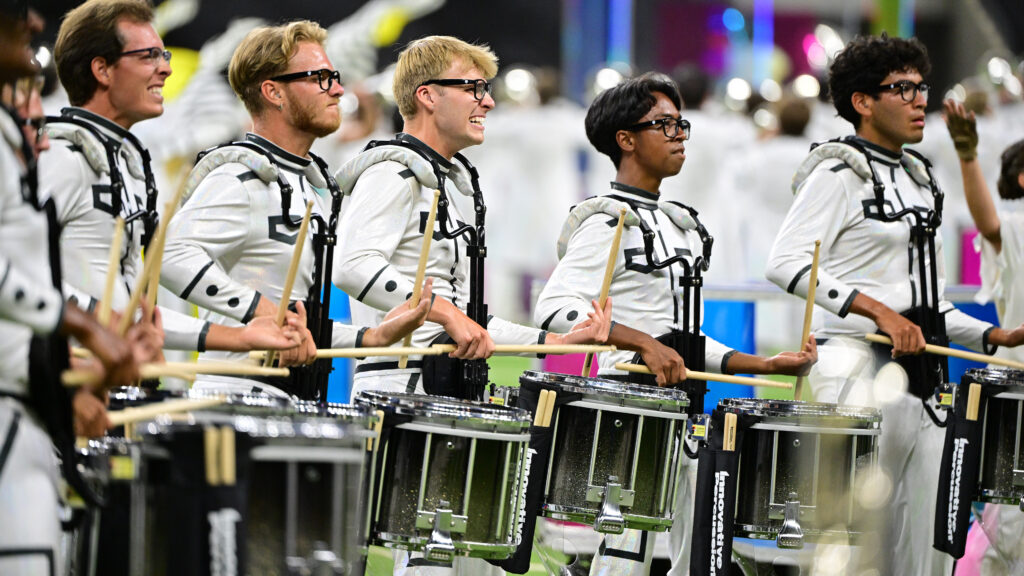
Last year, I bumped into a Boston Crusaders alumnus at DCI Headquarters in Madison, Wis. His corps had just turned in a stirring top-12 performance.”Did you see Baaaston?” he asked. “The Cru-SAAA-das were AAAh-some!”Saying the Crusaders alumni are vocal is like saying Fred Astaire could dance. “They’ve always been very supportive, regardless of placement,” said Howard Weinstein, Crusaders’ corps director.
The Crusaders have built alumni support over the years the old-fashioned way: By performing well and inviting former members to spend time with current marchers. The current Crusaders don’t have a formal booster club or an alumni newsletter. Sure, they have a chat room on their Web site. But the main factor in alumni relations is integrating the different Crusader generations. You might say it’s a shrewd move; instead of asking alumni for money through a mass mailing, they simply ask them to stay part of the fraternal nature of drum corps.
“We have an event in June, the Spring Fling, when the junior corps and Crusaders Senior Corps play,” Weinstein said. “It’s a way to send our corps off on tour, and the junior corps members can take an hour or two to interact with alumni and hear what the corps is all about.”
“It’s sort of like a low-key reunion,” said Christopher Berg, an alumnus who marched soprano from 1984-86 and currently volunteers on the Crusaders Board of Trustees. “We’ve also integrated the Crusader Hall of Fame induction ceremony into the Spring Fling. This is a great way to convey some corps history to the current marching membership and introduce them to the people behind the scenes who were there over time to keep the corps running.” Like most corps, the Crusaders rely on alumni and other volunteers to cook and sew uniforms. For Boston, the volunteer base is a mix of the past and present.”The kids from past years have stayed connected after aging out,” Weinstein said. “They bring their families to help out. The older alumni help, too. So what you see is a blend of the two.
“Berg said that mix is key. “Alumni are the reason the Crusaders exist today,” he said. “Between all the ups and downs a corps has, such as membership size and financial problems, the Crusaders have managed to pull themselves up by the bootstraps and continue on every time. After the 1982 European tour, the corps dwindled to almost nothing.” Now, 20 years later, they’re back among the elite units in the country.
“Every time the corps was pulled from the brink of folding, it was an alumnus there in the driver’s seat,” Berg said. “Sometimes literally!”
Now the board runs regular fund-raising events, such as an annual golf tournament. Alumni also pitch in to help volunteers and members run a concession stand at New England Patriots football games.
Respecting the past while embracing the future
Weinstein never had the privilege of marching in the Crusaders, but he sure has done a lot over the last five years to bring the corps back to the top 12. Weinstein said he was honored — but not intimidated — by the corps’ rich tradition.
“It was really cool to come in and work with an organization that at the time was 58, 59 years old,” Weinstein said. “I wanted to take what they had and build upon it and enhance it. We wanted to be innovative but keep the corps’ distinct identity. We were careful with updating the uniforms. We wanted to keep the original intent. We have done the same with the music — we have used hints of musical phrases from the corps’ past in the background of what we play today.”
And while alumni love the corps of today, they don’t forget the history. “Marching in drums corps — the Crusaders specifically — was such a life-changing event for me,” Berg said. “I just want to make sure that other young people have the same opportunity that I did. It may sound corny, but marching in drum corps gave me a chance to interact with people on a level much different than most activities that I can think of. “There’s nothing more memorable than playing ‘Conquest’ at Allentown, Whitewater, Madison or practically anywhere we went, and seeing crowds jump to their feet. Every kid who wants that opportunity should have a chance at it.”
Weinstein said the alumni are very supportive at the Manning Bowl, home of the Lynn, Mass., home show. While Boston alumni tend to crusade for a better placement for their team, Weinstein said they basically just want to see the corps perform well.”There’s a mix of competitiveness” among the alumni, Weinstein said. “A majority of them are just excited to see the corps on the field –thriving and expanding.”
Like most drum corps in the 21st Century, the Crusaders face the challenge of having an alumni base that isn’t completely local; former members are scattered around the world. Yet they meet the challenge through technology, camaraderie and good, old-fashioned powerhouse performances.
++++++++++
Aluminum cans helped Crusaders weather the storm
Like many corps, the Crusaders have had to get creative to survive and thrive over the years. Alumnus Christopher Berg relates one story:
“On Saturday nights, the corps used to frequent a drive-in theater in Neponset, Mass., just south of Boston. After the movie, the corps would walk the parking lot and pick up cans to return. The money was actually used to buy drumheads. The drive-in owner was pretty upset that the corps was taking the cans because he wanted them. When he found out that it was a non-profit group, he thankfully accepted receipts for his ‘donations’ and was happy he didn’t have to pick up cans anymore.”
Chris Hollenback marched in the Madison Scouts drum line from 1991-97.





